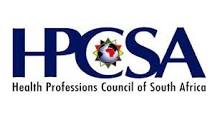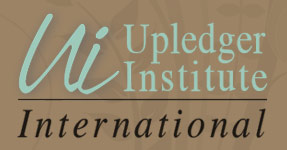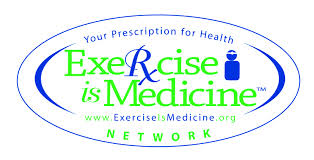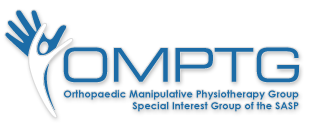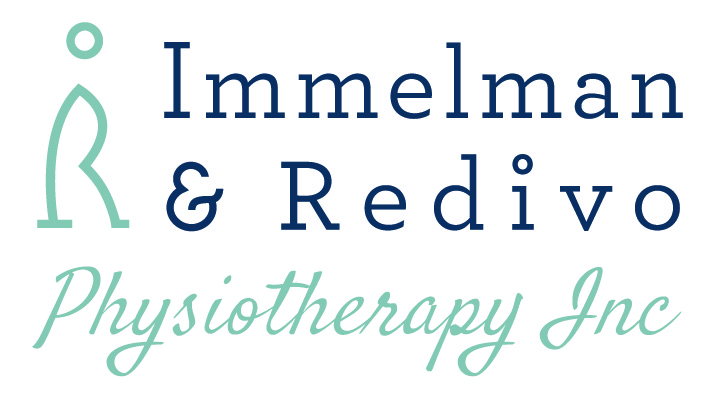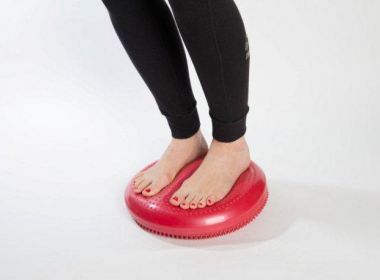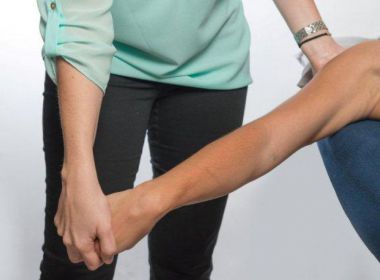IN THE HOSPITAL
We treat various conditions in the hospital and also assist with post-operative care of orthopaedic and surgical patients. This is done in a multi-disciplinary team.
Chest Physiotherapy
Physiotherapists can effectively treat chest conditions like bronchitis and asthma. This is done with various techniques including percussion, postural drainage, saline inhalations, breathing exercises and advice on management at home. Shortness of breath can also be treated and advice specific to each patient can be given for home management.
Advice: nebulise at home and seek medical attention early. Physiotherapy can be done to prevent further interventions like antibiotics and to aid recovery when already using antibiotics.
Post-Operative Care
Post-operative treatment includes education on risk factors such as deep vein thrombosis, (blood clots in the deep veins, usually in the calf or thigh) as well as education on specific exercises for rehabilitation. Mobilisation following surgery is vital and this is done with the aid of the physiotherapist. At times active assisted joint mobilisations are necessary to increase the range of motion of the affected joint.
Pre-Operative Care
At times, physiotherapy is indicated before you are operated. This is the ideal time for the physiotherapist to assess your lung function and your functional status. Your operation will be explained to you, the plan for rehabilitation following surgery and any specifics about your home environment will be addressed. It is important for you to practice with your physiotherapist how you will need to get out of bed or walk once the surgery has been done. Pre-operative chest physiotherapy might be requested or needed to prevent complications that may arise from the anaesthesia.
Sinusitis
Sinusitis is the inflammation of the sinus cavities, and often causes pain and post nasal drip that can later cause secondary infections. Physiotherapy aims to assist the clearance of the sinuses with inhalations, anti-inflammatory treatment, dry needling and mobilisations.
Advice: sinusitis can be treated at home with sinus rinsing, and in some individuals it helps to eliminate the cause of inflammation by limiting dairy intake or avoiding contact with dust.
